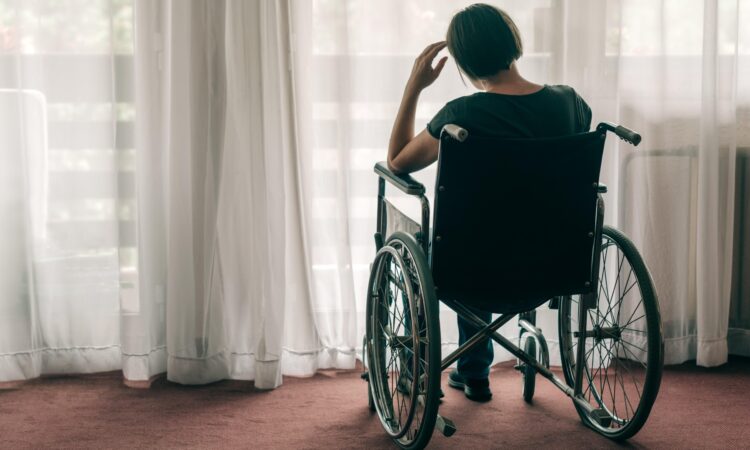
THOUSANDS are set to receive backdated benefit payments worth £5,000 after it was ruled they were wrongly assessed.
The Department for Work and Pensions (DWP) is currently in the process of issuing arrears payments to thousands on Personal Independence Payment (PIP).
It comes following a Supreme Court judgement which changed the way some on the benefit are classed and assessed.
The DWP last week announced it has already reviewed 79,000 cases and 14,000 have been paid out a total of £74million.
But there are still 284,000 claimants who are yet to be assessed and could receive payments.
Not all of this group will be eligible, but if they receive the same amount as those who already have, they will be in line for an average of £5,285.
The move comes after the Supreme Court handed down a judgment in July 2019 following an Upper Tribunal (UT) decision in April 2016.
The UT changed the way the DWP defines “social support” – when someone needs help from a trained professional to engage with others.
It also changed how far in advance social support can be provided.
Since September 2021, the government department has been assessing those affected by the change and issuing backdating payments.
Last week, the DWP said it will start inviting the 284,000 claimants to get in touch about backdated payments.
The Sun approached the DWP to find out how specifically claimants will be contacted but it did not respond to a request for comment.
You can always try calling the PIP enquiry phone if you think you might be eligible for a repayment though.
You can call on 0800 121 4433 between 9am and 5pm Monday to Friday.
Or, you can try calling Citizens Advice on 03444 111 444.
What is PIP?
PIP is a benefit given to people suffering from a long-term physical or mental health condition or disability.
This condition might make it hard for you to carry out certain everyday tasks or get around.
You can get the benefit even if you’re working, have savings or are getting most other benefits.
There are two parts to PIP – the daily living part and the mobility part.
You might be entitled to the daily living part of PIP if you need help with:
- Eating, drinking or preparing food
- Washing, bathing and using the toilet
- Dressing and undressing
- Reading and communicating
- Managing your medicines or treatments
- Making decisions about money
- Socialising and being around other people
You might be entitled to the mobility part if you need help with:
- Working out a route and following it
- Physically moving around
- Leaving your home
PIP is made up of two parts and whether you get one or both of these depends on how severely your condition affects you.
How much you get also depends on how your condition affects you.
You may get the mobility part of PIP if you need help going out or moving around. The weekly rate for this is either £26.90 or £71.
While on the daily living part of PIP, the weekly rate is either £68.10 or £101.75 – and you could get both elements, so up to £172.75 in total.
You’ll be assessed by a health professional to work out the level of help you can get and your rate will be regularly reviewed to make sure you’re getting the right support.
Who is eligible?
PIP is available to people aged 16 or over but not yet at the state pension age.
You must have lived in England or Wales for at least two of the last three years, and be in one of these countries when you apply.
The process is different in Northern Ireland, and there are additional rules if you live abroad or if you’re not a British citizen.
In Scotland, you will need to apply for Adult Disability Payment (ADP) instead.
Crucially, you must also have a health condition or disability where you either have had difficulties with daily living or getting around (or both) for three months, and you expect these difficulties to continue for at least nine months (unless you’re terminally ill with less than six months to live).
You can claim PIP at the same time as other benefits, except the armed forces independence payment.
If you receive constant attendance allowance you will receive less of the daily living part of PIP.
If you get war pensioners‘ mobility supplement you will not get the mobility part of PIP.
Do you have a money problem that needs sorting? Get in touch by emailing money-sm@news.co.uk.
You can also join our new Sun Money Facebook group to share stories and tips and engage with the consumer team and other group members.






